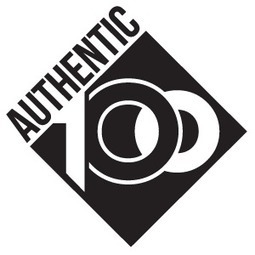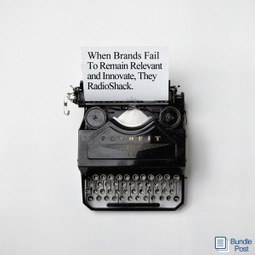In the era of Facebook and YouTube, brand building has become a vexing challenge. This is not how things were supposed to turn out. A decade ago most companies were heralding the arrival of a new golden age of branding. They hired creative agencies and armies of technologists to insert brands throughout the digital universe. Viral, buzz, memes, stickiness, and form factor became the lingua franca of branding. But despite all the hoopla, such efforts have had very little payoff.
As a central feature of their digital strategy, companies made huge bets on what is often called branded content. The thinking went like this: Social media would allow your company to leapfrog traditional media and forge relationships directly with customers. If you told them great stories and connected with them in real time, your brand would become a hub for a community of consumers. Businesses have invested billions pursuing this vision. Yet few brands have generated meaningful consumer interest online. In fact, social media seems to have made brands less significant. What has gone wrong?
To solve this puzzle, we need to remember that brands succeed when they break through in culture. And branding is a set of techniques designed to generate cultural relevance. Digital technologies have not only created potent new social networks but also dramatically altered how culture works. Digital crowds now serve as very effective and prolific innovators of culture—a phenomenon I call crowdculture. Crowdculture changes the rules of branding—which techniques work and which do not. If we understand crowdculture, then, we can figure out why branded-content strategies have fallen flat—and what alternative branding methods are empowered by social media....

|
Scooped by Jeff Domansky |
No comment yet.
Sign up to comment



 Your new post is loading...
Your new post is loading...


















Doug Holt looks at the impact of social media on branding and how marketers need to embrace new brand strategies for social media success. A valuable must-read for marketers. 9/10